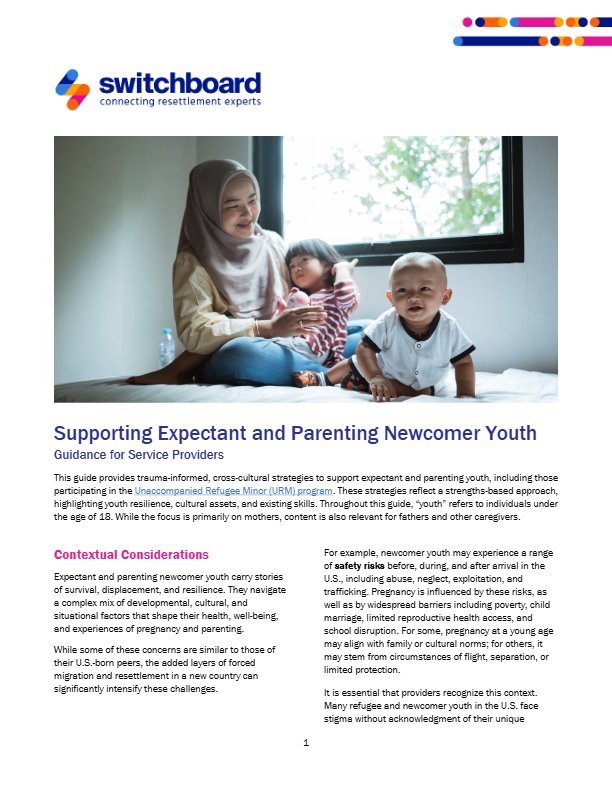Hosted on May 14, 2025 the training was delivered by Caroline Dilts, LICSW; Rochelle Frounfelker, ScD; and, Farhad Sharifi, MSW.
Conducting research with newcomer populations presents unique challenges for both researchers and service providers—particularly when addressing the risk of harm such as suicide, intimate partner violence (IPV), and mental health crises, especially during stressful events and transitions. This webinar will explore best practices for conducting research with newcomer populations and for recognizing and responding to these risks in a sensitive manner. Participants will learn how to establish effective consent and confidentiality protocols, manage participant distress, and implement protective measures while maintaining research integrity. This webinar will also discuss how to apply research findings to strengthen support services and interventions for refugee communities and to empower community-based leadership among newcomers. Practical examples and case scenarios will illustrate some effective strategies for engaging in ethical research with newcomer communities.
By the end of this webinar, you will be able to:
– Evaluate risks, benefits, and ethical considerations when conducting research with vulnerable populations, including refugee and newcomer communities.
– Protect participant safety by applying informed consent, confidentiality protocols, and trauma-informed responsive research practices across cultures.
– Identify and respond to high-risk situations, such as suicide risk and intimate partner violence, in the context of community-based research.
– Engage communities through participatory research strategies and effectively share findings to inform services and policies.







